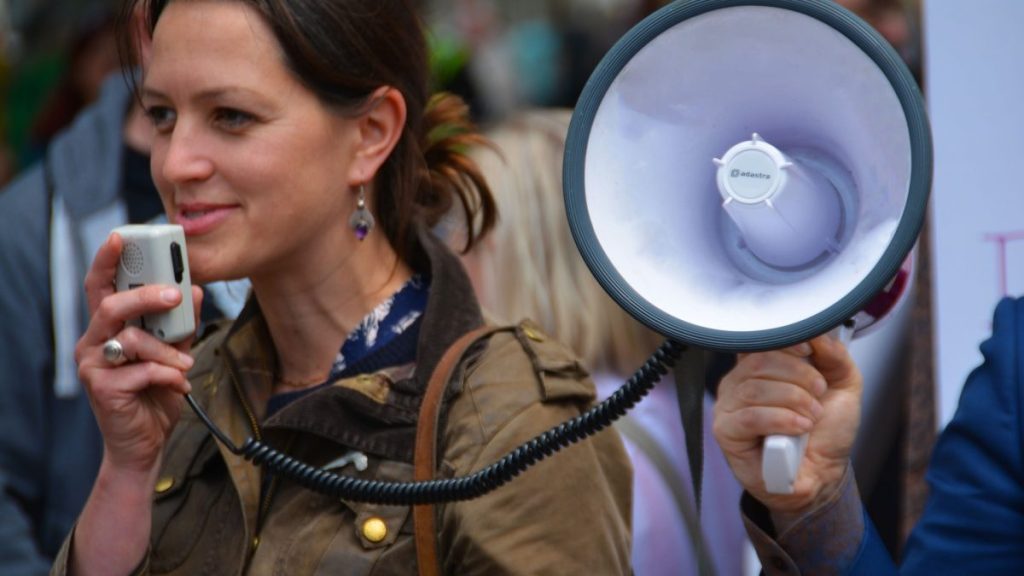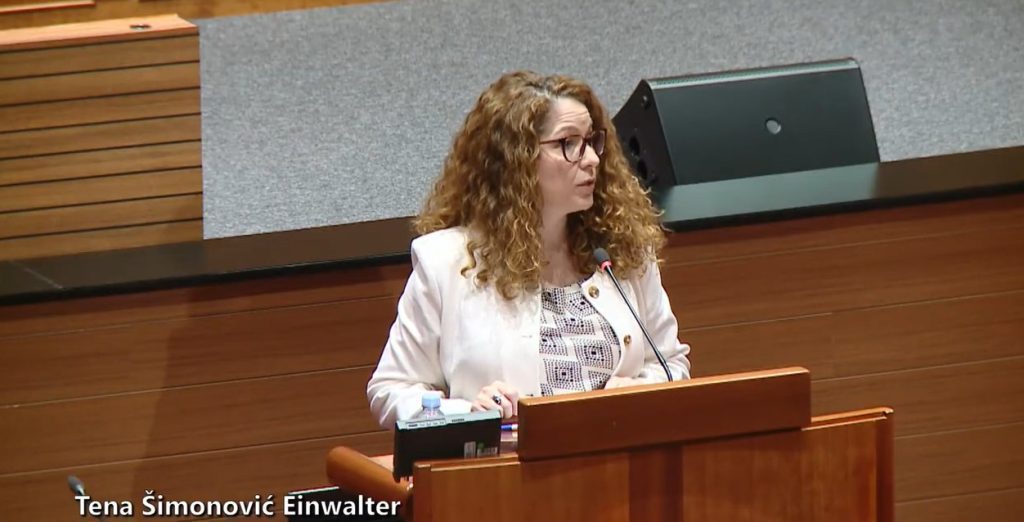European Commission dedicated the Annual colloquium on 20th and 21th November 2017 to the women’s rights in turbulent times, aiming at opening the discussion on best ways for promotion and protection of women in EU. Politicians, researchers, journalists, NGOs, activists, businesses and international organisations discussed the issues like sexual harassment, violence against women, the gender pay gap and work-life balance.
The results of the latest Eurobarometer survey on gender equality show that there is still room for improvement across all EU Member States. For example, more than 80% of Europeans think a man should do an equal share of household chores, or taking parental leave to take care of his children. However, the majority (73%) think that women still spend more time on housework and caring activities than men. Even 90% of Europeans say that it is not acceptable for women to be paid less than men although women in Europe have still been paid 16, 3% less than men.
The gender pay gap has not been recently decreased, it still prevails because women find less jobs and in lower paid sectors, get no promotion, accept more frequent breaks in a career or rather perform volunteer works.
First Commission’s Vice-President Frans Timmermans said: “Gender equality is a fundamental right, laid down in the EU Treaties. We must use the current focus on these issues in the media and politics to turn principle into practice. Women across Europe have the right to equality, empowerment and safety, but these rights are not yet a reality for far too many women. Today’s event is about helping to bring about behavioural change and policy change so that we improve the lives of our citizens.
Commissioner for Justice, Consumers and Gender Equality Věra Jourová said: Women are still under-represented in decision-making positions in politics and the business world. They still earn 16% less than men on average across the EU. And violence against women is still widespread. This is unfair and unacceptable in today’s society. The gender pay gap must be closed, because the economic independence of women is their best protection against violence.
Lora Vidović, Ombudswoman and ENNHRI Chair, and Tena Šimonović Einwalter, Deputy Ombudswoman and Equinet Chair, participated at teh Colloquium.
„We must not forget that the gender equality is one of the EU values, it is even a value guaranteed by the European law. So what are the ways forward? When it comes to violence against women it would be a ratification of the Istanbul Convention on behalf of EU. Referring to other issues, it is necessary to better implement the existent European law, amongst other, by strengthening the stakeholders who work on achieving the equality – NGOs, but also the equality bodies – especially by adopting the European standards provided for independence, adequate resources and effectiveness of their work. This need was also highlighted by the EU Fundamental Rights Agency in its report on „Challenges to women’s human rights in the EU“, emphasised Šimonović Einwalter speaking at the cColoquium.
European Commission presented an Action Plan to tackle the gender pay gap for 2018-2019, which would, amongst other, improve respect for the equal pay principle, address swiftly the work-life balance and improve the gender balance in companies at all management levels, and encourage governments and social partners to adopt concrete measures to improve gender balance in decision-making.
European Commission dedicated the Annual colloquium on 20th and 21th November 2017 to the women’s rights in turbulent times, aiming at opening the discussion on best ways for promotion and protection of women in EU. Politicians, researchers, journalists, NGOs, activists, businesses and international organisations discussed the issues like sexual harassment, violence against women, the gender pay gap and work-life balance.
The results of the latest Eurobarometer survey on gender equality show that there is still room for improvement across all EU Member States. For example, more than 80% of Europeans think a man should do an equal share of household chores, or taking parental leave to take care of his children. However, the majority (73%) think that women still spend more time on housework and caring activities than men. Even 90% of Europeans say that it is not acceptable for women to be paid less than men although women in Europe have still been paid 16, 3% less than men.
The gender pay gap has not been recently decreased, it still prevails because women find less jobs and in lower paid sectors, get no promotion, accept more frequent breaks in a career or rather perform volunteer works.
First Commission’s Vice-President Frans Timmermans said: “Gender equality is a fundamental right, laid down in the EU Treaties. We must use the current focus on these issues in the media and politics to turn principle into practice. Women across Europe have the right to equality, empowerment and safety, but these rights are not yet a reality for far too many women. Today’s event is about helping to bring about behavioural change and policy change so that we improve the lives of our citizens.
Commissioner for Justice, Consumers and Gender Equality Věra Jourová said: Women are still under-represented in decision-making positions in politics and the business world. They still earn 16% less than men on average across the EU. And violence against women is still widespread. This is unfair and unacceptable in today’s society. The gender pay gap must be closed, because the economic independence of women is their best protection against violence.
Lora Vidović, Ombudswoman and ENNHRI Chair, and Tena Šimonović Einwalter, Deputy Ombudswoman and Equinet Chair, participated at teh Colloquium.
„We must not forget that the gender equality is one of the EU values, it is even a value guaranteed by the European law. So what are the ways forward? When it comes to violence against women it would be a ratification of the Istanbul Convention on behalf of EU. Referring to other issues, it is necessary to better implement the existent European law, amongst other, by strengthening the stakeholders who work on achieving the equality – NGOs, but also the equality bodies – especially by adopting the European standards provided for independence, adequate resources and effectiveness of their work. This need was also highlighted by the EU Fundamental Rights Agency in its report on „Challenges to women’s human rights in the EU“, emphasised Šimonović Einwalter speaking at the cColoquium.
European Commission presented an Action Plan to tackle the gender pay gap for 2018-2019, which would, amongst other, improve respect for the equal pay principle, address swiftly the work-life balance and improve the gender balance in companies at all management levels, and encourage governments and social partners to adopt concrete measures to improve gender balance in decision-making.




